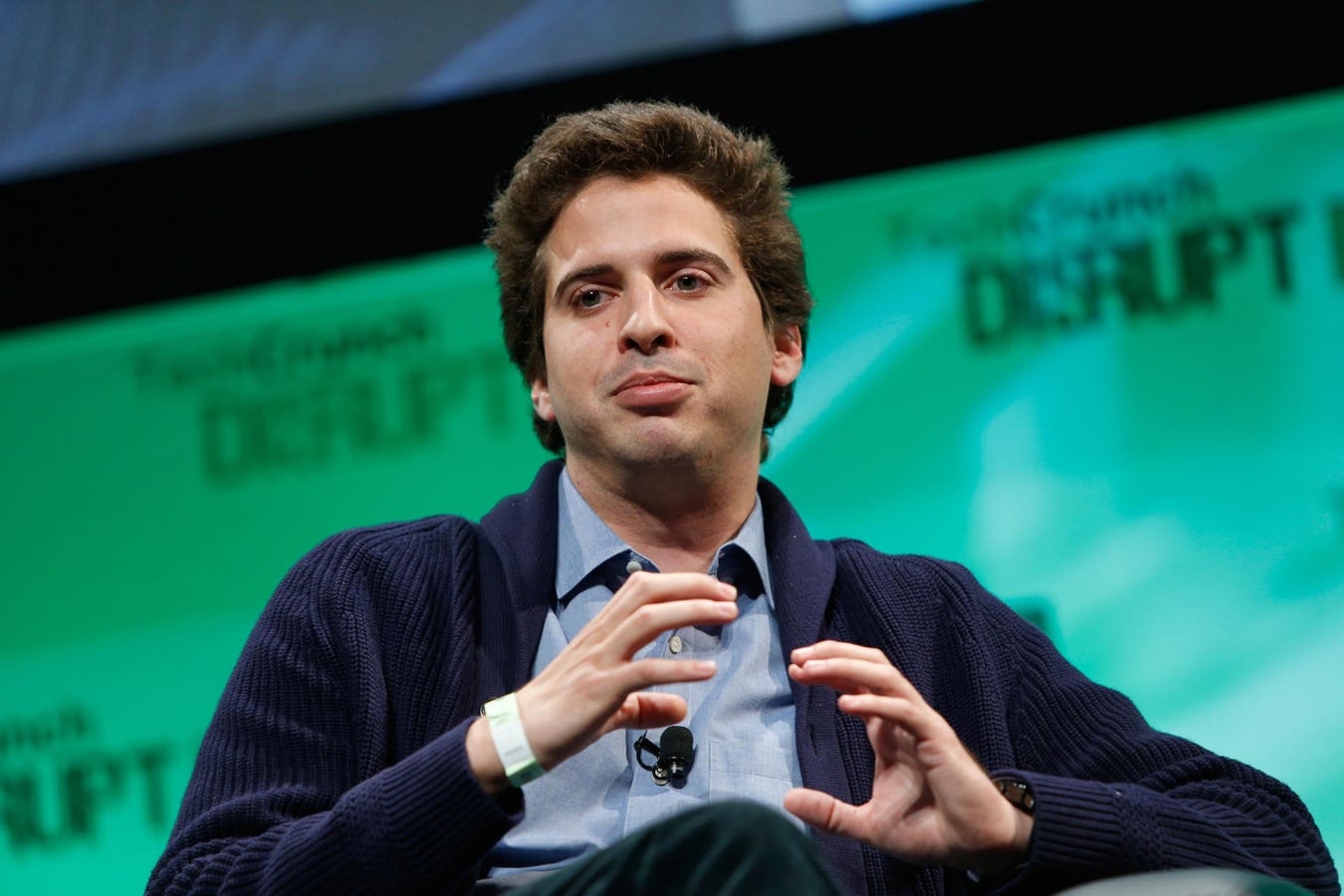The main line
Perchlorate, a chemical used in rocket fuel, plastics and other substances, has been found in mainstream grocery stores and fast food — with the highest levels in baby and children’s foods — and previous research has found the chemical can cause thyroid problems and inhibit brain growth. in babies.
Smiling young mother grocery shopping with little daughter in supermarket, choosing organic baby food and … [+]
Key facts
Researchers from the nonprofit Consumer Reports tested 196 samples of 73 grocery store foods and fast food items and found that roughly 67% contained “measurable” levels of perchlorate, according to the report published Wednesday.
According to the Department of Toxic Substances Control, perchlorate is both a naturally occurring and man-made chemical that is used mostly in the U.S. for rocket and rocket fuel, but is also found in soil, groundwater, surface water, some plastics, and many trash.
Although the exact brands were not disclosed, the types of food products tested included beverages, seafood, meat products, milk, baked goods and cereals, fast food, fruits and vegetables, and baby and children’s foods.
67% of foods with measurable levels of perchlorate ranged from 2 parts per billion, to 79 ppb, and the highest average levels of the chemical found in baby and toddler foods—with an average level of 19.4 ppb of perchlorate— followed by fresh fruits and vegetables and fast food.
When comparing types of packaging, foods in plastic containers had the highest levels — averaging almost 54 ppb — followed by foods packaged in plastic wrap and cardboard.
The researchers noted that their tests did not reveal why some foods had higher levels of perchlorate than others, but they believe that antistatic plastic in some packaging and fresh produce watered with contaminated water may be possible causes.
Get text alerts of the latest Forbes news: We’re launching text message alerts so you’ll always know the biggest stories making the day’s headlines. Text Alerts to (201) 335-0739 or sign up here.
What is the recommended daily limit of perchlorate?
The Environmental Protection Agency established a reference dose for perchlorate of 0.7 micrograms per kilogram of body weight per day in 2005. The European Food and Safety Authority set a tolerable daily dose of 0.3 micrograms per kilogram of body weight per day , less than half of the EPA recommendation. None of the foods tested contained perchlorate levels that exceeded each agency’s daily limits for one serving. However, Consumer Reports noted that people eat several servings of food per day, and “children — because of their lower body weight — may be particularly at risk,” the organization said in its report. “For a one- to two-year-old child, one serving of the boxed mac and cheese we tested would reach nearly 50% of the EFSA limit, and servings of baby rice cereal, wholegrain cereal and organic yogurt that we tested would each achieve. about a quarter of this limit”.
What are the health risks of perchlorate?
In adults, perchlorate has been known to affect the thyroid and adversely affect metabolism, according to the EPA. It can interfere with the thyroid gland’s ability to take up iodine – which helps the body regulate hormones – leading to hypothyroidism, which is low levels of thyroid activity. In fact, the chemical is sometimes used as a drug to treat hyperthyroidism, which is high levels of thyroid activity. Its effects on the thyroid are especially dangerous for pregnant women because thyroid hormones are especially important for the development of the central nervous system in fetuses, the EPA said. Research has also found that the chemical can inhibit fetal brain development. Babies born to mothers with high perchlorate levels during their first trimester were more likely to have lower IQs later in life, an Endocrine Society study found.
Key background
Several organizations have asked the Food and Drug Administration and the EPA to set stricter limits for perchlorate in water and food. The FDA denied a 2019 petition by the Environmental Defense Fund and nine other advocacy groups seeking a ban on perchlorate in food packaging. In 2020, the EPA reversed a 2011 Obama administration decision to set limits on perchlorate in beverages, saying the federal government did not need to regulate the chemical. The agency was later sued, and a U.S. Court of Appeals panel unanimously ruled in 2023 that the federal government must regulate perchlorate in water. The EPA said it will propose those limits by 2025.
ANTI
The EPA argued that perchlorate did not meet regulatory requirements because the amount of perchlorate in drinking water has decreased drastically since 2011. “State and local water systems are effectively and efficiently managing perchlorate levels,” it said in a EPA Administrator Andrew Wheeler statement. California drinking water accounted for 60% of the perchlorate detections reported in EPA’s 2011 ruling, but after the state regulation was put in place, only one system in California was found to have elevated perchlorate levels as of 2019. according to an EPA report. .





